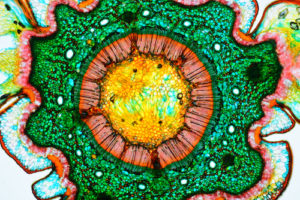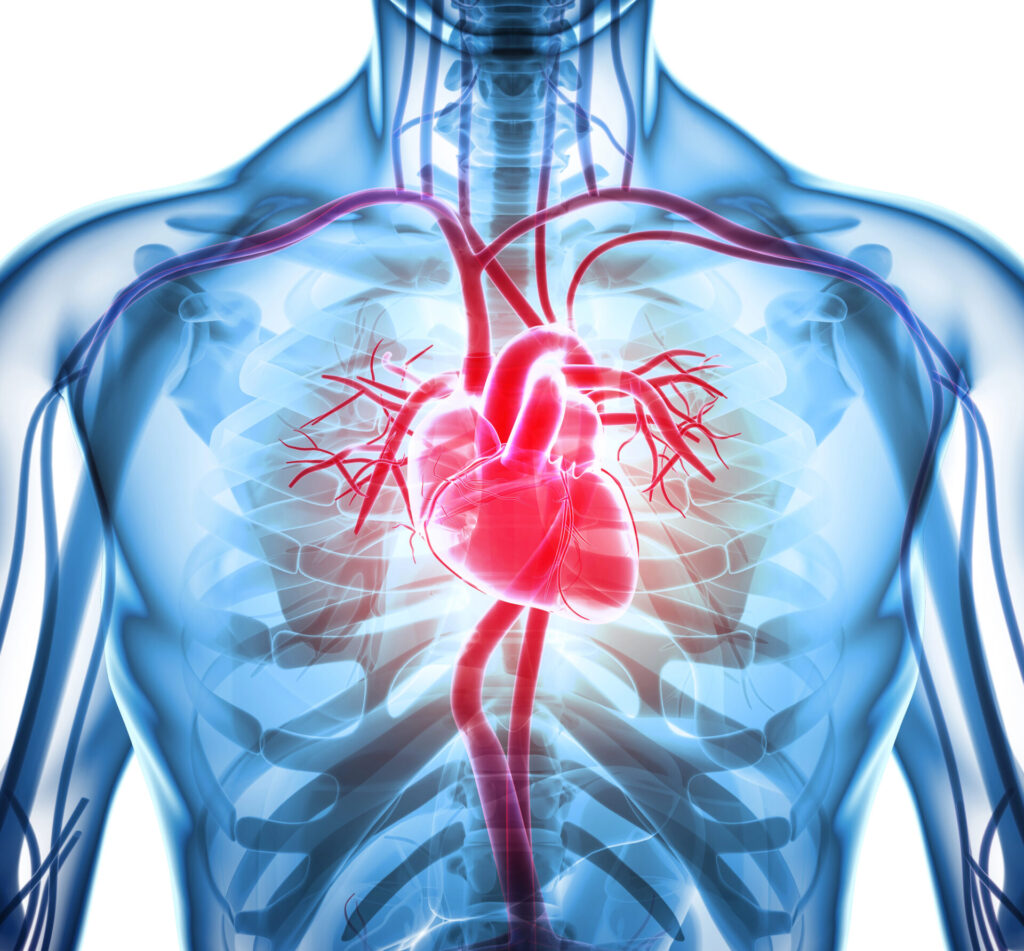If you’ve been paying attention to food trends, you know that it’s all about plants—plant foods for health and plants for sustainability. According to this article by Jeffrey Bland, PhD, FACN, FACB, Associate Editor of Integrative Medicine, A Clinicians Journal, this is much more than just a trend. He writes about how plant food-related compounds influence cellular signaling and modify genetic expression.
Abstract / Altered plant-derived amino acids and their influence on human protein structure and subsequent effects on immune function, specific food-derived pathological misfolded prion proteins and their influence on nervous-system function, and—lastly—microRNAs from plant foods and their influence on genetic expression of both enteric bacteria and potentially endogenous cellular function are all examples of the dark matter of nutrition concept. These phenomena are far outside the familiar nutritional boundaries of macro- and micronutrients. We have entered new territory now—the exploration of how food-related substances influence cellular signaling through the modification of genetic expression.
What you will learn from Jeffrey Bland, PhD:
1. Contributions of Oliver Sacks, MD, “an Oxford-trained British neurologist, and his findings on the roots and seeds of cycads, which contain the unusual amino acid beta-methylamino- L-alanine (BMAA). Chronic dietary exposure to BMAA can trigger the formation of dense neurofibrillary tangles and amyloid plaques that are similar to those found in the brains of people who died of lytico-bodig disease, a serious and fatal neurological disease.”
2. Dark Matter: Borrowing a Term from Genetics. “Dark matter, a commonly used term in the study of genetics, refers to genetic material that is poorly understood as of yet, but may play a powerful role within humans and other organisms. Can the case be made that there is also dark matter in the study of nutrition? Are there dietary factors that can influence our patterns of health and disease that haven’t been decoded and revealed to us?”
3. Case Closed: With Evidence Comes Enlightenment. “Could pathological misfolded prion proteins be characterized as nutritional dark matter that create changes in cellular function?”
4. Food-Derived Micro-RNAs: An Open Investigation. “The shape of proteins, as well as protein synthesis, regulate both the structure and function of the body through the process of genetic expression. Exposure to an exogenous foreign protein through the intestinal tract, lungs, or skin can impact this process if the foreign protein reaches the bloodstream.”
5. The Implications of the Dark Matter of Nutrition. “Altered plant-derived amino acids and their influence on human protein structure and subsequent effects on immune function, specific food-derived pathological misfolded prion proteins and their influence on nervous- system function, and—lastly—microRNAs from plant foods and their influence on genetic expression of both enteric bacteria and potentially endogenous cellular function are all examples of the dark matter of nutrition concept.”
To gain access to this article and the rest of our extensive database of full-text articles, please register below or log in here.






